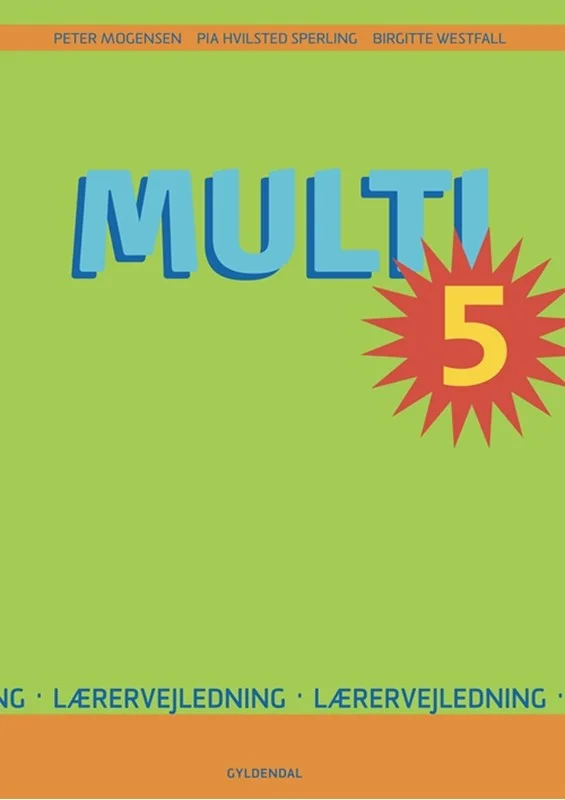
Mærke
- Taylor & Francis Ltd 386
- Springer Nature Switzerland AG 271
- Cambridge University Press 211
- Oxford University Press 193
- Springer International Publishing AG 171
- Springer Verlag, Singapore 170
- John Wiley & Sons Inc 152
- Bloomsbury Publishing Plc 145
- Oxford University Press Inc 117
- Bloomsbury Publishing PLC 102
- Taylor & Francis Inc 95
- World Scientific Publishing Co Pte Ltd 52
- Emerald Publishing Limited 47
- Apple Academic Press Inc. 38
- SAGE Publications Inc 38
- Nova Science Publishers Inc 34
- River Publishers 31
- John Wiley and Sons Ltd 26
- Berghahn Books 24
- Manchester University Press 23
- Lexington Books 21
- Edinburgh University Press 20
- Stanford University Press 16
- Elsevier - Health Sciences Division 15
- Elsevier Science Publishing Co Inc 15
- Boydell & Brewer Ltd 13
- Pearson Education Limited 13
- Sage Publications Ltd 13
- Springer-Verlag New York Inc. 13
- Plural Publishing Inc 12
- University of Illinois Press 12
- Cornell University Press 11
- Gyldendal 11
- Bristol University Press 10
- The University of Chicago Press 10
- Anthem Press 9
- University of California Press 9
- Intellect 8
- Liverpool University Press 8
- New York University Press 8
- Palgrave Macmillan 8
- Peter Lang Publishing Inc 8
- University of British Columbia Press 8
- Cengage Learning, Inc 7
- Channel View Publications Ltd 7
- Duke University Press 7
- Humana Press Inc. 7
- Springer-Verlag Berlin and Heidelberg GmbH & Co. KG 7
- Berghahn Books, Incorporated 6
- Royal Society of Chemistry 6
- SLACK Incorporated 6
- Academic Studies Press 5
- AltaMira Press 5
- Amsterdam University Press 5
- Bloomsbury Publishing USA 5
- De Gruyter 5
- Elsevier Science & Technology 5
- Emerald Publishing Inc 5
- Intersentia Ltd 5
- McGraw-Hill Education 5
- Pearson Education (US) 5
- Princeton University Press 5
- Scarecrow Press 5
- American Mathematical Society 4
- Equinox Publishing Ltd 4
- Facet Publishing 4
- Fairleigh Dickinson University Press 4
- HarperCollins Publishers 4
- Jason Aronson Publishers 4
- Lippincott Williams and Wilkins 4
- McGraw-Hill Education - Europe 4
- Multilingual Matters 4
- Springer Fachmedien Wiesbaden 4
- Thieme Medical Publishers Inc 4
- University of Texas Press 4
- APress 3
- Archaeopress 3
- Birkhauser Verlag AG 3
- Central European University Press 3
- Columbia University Press 3
- Fordham University Press 3
- John Benjamins Publishing Co 3
- New India Publishing Agency 3
- Palgrave USA 3
- Paths Publishing Group 3
- Sidestone Press 3
- Springer 3
- Springer London Ltd 3
- Temple University Press,U.S. 3
- University of Washington Press 3
- Verlag Peter Lang 3
- now publishers Inc 3
- American Society of Mechanical Engineers,U.S. 2
- American University in Cairo Press 2
- Bucknell University Press 2
- CABI Publishing 2
- Demos Medical Publishing 2
- Elsevier Health Sciences 2
- FILOFAX 2
- Gerlach Press 2




















